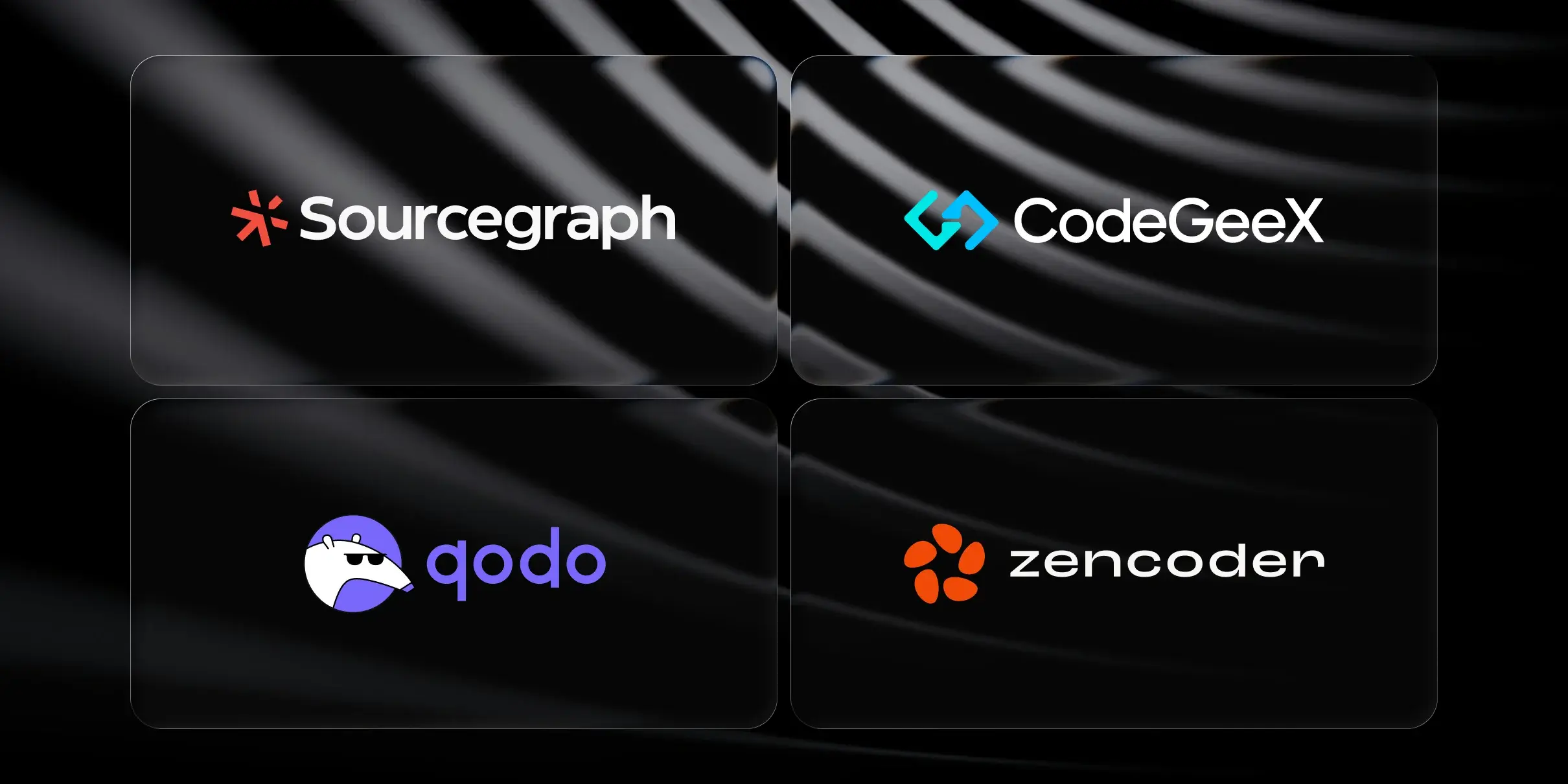In an era where the SaaS industry is projected to reach a staggering $344 billion by 2027, the need for efficient, high-quality software development has never been more critical. With over 80% of businesses now using at least one SaaS application in their operations, the pressure to deliver superior code quickly and consistently has intensified. This article explores how AI-driven development is revolutionizing the way we create and maintain software, with a particular focus on enhancing code quality and development speed.
Introduction: The Impact of AI on Development
The software development landscape is undergoing a profound transformation. In a world where 99% of companies will be using at least one SaaS solution by the end of 2024, the ability to develop and deploy high-quality code quickly has become a crucial competitive advantage. Artificial Intelligence is emerging as a force to reckon with in this evolution, offering tools and capabilities that were once the realm of science fiction.
Consider this scenario: A development team is working on a critical feature for their SaaS platform. Traditionally, this might involve:
- Hours of manual code review
- Multiple iterations of testing
- Lengthy debugging sessions
- Extensive documentation work
Now, with AI-driven development tools, these same tasks can be accomplished in a fraction of the time, with higher accuracy and consistency.
AI Tools for Code Quality
Intelligent Code Analysis
Modern AI-powered development tools can analyze code in ways that go far beyond traditional static analysis. For example:
# Traditional approach
def process_payment(amount, user_id):
if amount > 0:
process_transaction(amount, user_id)
return True
# AI-suggested improvement
def process_payment(amount: float, user_id: str) -> bool:
if not isinstance(amount, (int, float)) or amount <= 0:
raise ValueError("Amount must be a positive number")
if not user_id:
raise ValueError("User ID cannot be empty")
try:
return process_transaction(amount, user_id)
except TransactionError as e:
logger.error(f"Payment processing failed: {e}")
return False
AI tools like those offered by Zencoder.ai can automatically identify potential issues and suggest improvements such as:
- Type annotations for better code clarity
- Proper error handling
- Input validation
- Logging for better debugging
- Edge case handling
Automated Code Review
With 70% of CIOs looking to SaaS for agility and scalability, the importance of maintaining high code quality cannot be overstated. AI-powered code review tools can:
- Detect potential bugs before they reach production
- Identify security vulnerabilities
- Suggest performance optimizations
- Ensure consistency with coding standards
- Provide contextual learning resources for developers
Accelerating Development Cycles
Smart Code Generation
AI is revolutionizing the way code is written. For instance, when a developer needs to implement a new API endpoint, an AI assistant can generate the boilerplate code:
# AI-generated API endpoint
@app.route('/api/v1/users', methods=['GET'])
def get_users():
try:
page = int(request.args.get('page', 1))
limit = int(request.args.get('limit', 10))
users = User.query.paginate(page=page, per_page=limit)
return jsonify({
'data': [user.to_dict() for user in users.items],
'total': users.total,
'pages': users.pages,
'current_page': users.page
}), 200
except Exception as e:
return jsonify({'error': str(e)}), 500
This not only saves time but also ensures that best practices are followed consistently.
Intelligent Testing
AI-driven testing tools can:
- Generate test cases automatically
- Identify critical paths that need testing
- Predict potential failure points
- Optimize test coverage
- Reduce testing time while improving coverage
Integrating AI into Development Processes
Best Practices for AI Integration
- Start Small: Begin with specific tasks like code review or test generation
- Train Your Team: Ensure developers understand how to work effectively with AI tools
- Establish Guidelines: Create clear protocols for AI tool usage
- Monitor and Adjust: Regularly assess the impact and adjust integration strategies
Real-World Implementation
Consider a typical development workflow enhanced by AI:
- Planning Phase:
- AI suggests technical approaches based on requirements
- Automatically generates initial architecture diagrams
- Identifies potential technical challenges
- Development Phase:
- Real-time code suggestions
- Automated code review
- Intelligent debugging assistance
- Testing Phase:
- Automated test generation
- AI-powered test coverage analysis
- Intelligent regression testing
- Deployment Phase:
- Automated security checks
- Performance optimization suggestions
- Deployment risk assessment
Future Trends in AI-Driven Development
As the SaaS industry continues its remarkable growth, several emerging trends are shaping the future of AI-driven development:
- Advanced Code Understanding:
- Context-aware code generation
- Semantic code analysis
- Natural language to code translation
- Predictive Development:
- Bug prediction before code completion
- Performance impact forecasting
- Resource utilization optimization
- Autonomous Testing:
- Self-healing test suites
- AI-generated test scenarios
- Continuous test optimization
Zencoder.ai: Leading the AI-Driven Development Revolution
Zencoder.ai stands at the forefront of this technological revolution, offering cutting-edge solutions that transform how developers work. Their flagship feature, Repo Grokking, represents a significant leap forward in AI-powered development.
Key Features:
- Comprehensive Code Understanding:
- Analyzes entire codebases for context
- Understands project-specific patterns
- Provides intelligent suggestions based on full context
- Intelligent Code Generation:
- Context-aware code completion
- Automated documentation generation
- Smart refactoring suggestions
- Advanced Code Analysis:
- Deep semantic code understanding
- Predictive bug detection
- Performance optimization recommendations
Conclusion: Embracing the AI-Driven Future
As the SaaS industry continues its explosive growth, with predictions showing a market volume of $344 billion by 2027, the role of AI in development will only become more crucial. By embracing AI-driven development tools and practices, organizations can:
- Improve Code Quality:
- Reduce bugs and technical debt
- Enhance security and performance
- Maintain consistency across large codebases
- Accelerate Development:
- Automate routine tasks
- Reduce time spent on debugging
- Speed up the review process
- Enhance Team Productivity:
- Provide intelligent assistance to developers
- Facilitate knowledge sharing
- Streamline collaboration
The future of software development is AI-driven, and tools like Zencoder.ai are making this future accessible today. By adopting these technologies now, organizations can position themselves at the forefront of the SaaS revolution, delivering higher quality software faster than ever before.

![Spec-Driven Development: Everything You Need to Know [2026]](https://zencoder.ai/hubfs/Cover-Feb-17-2026-08-47-58-1236-PM.webp)

